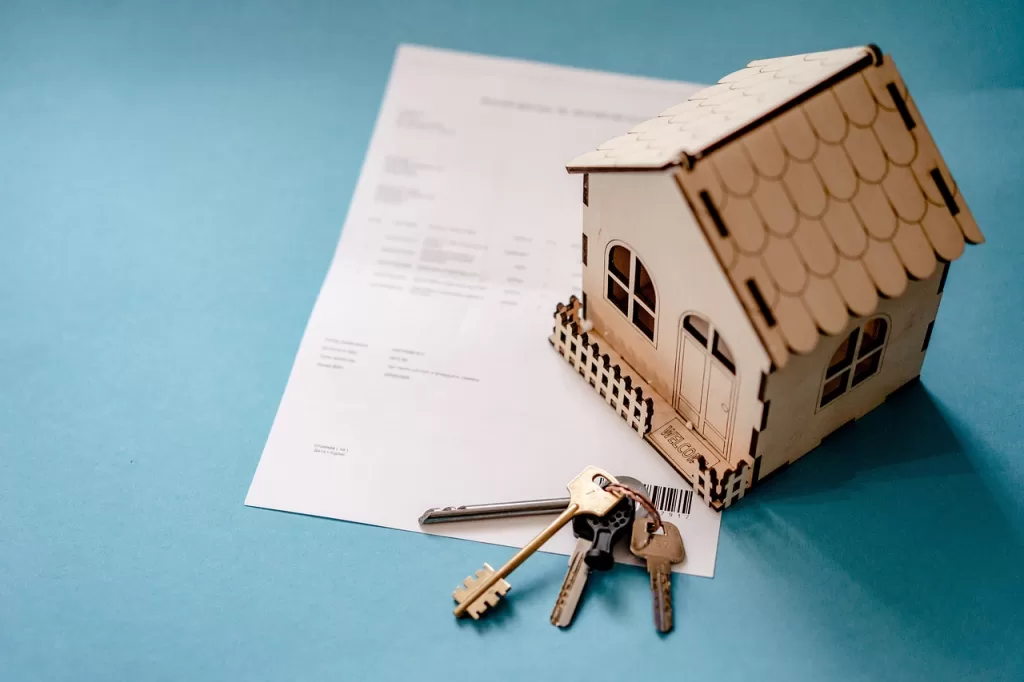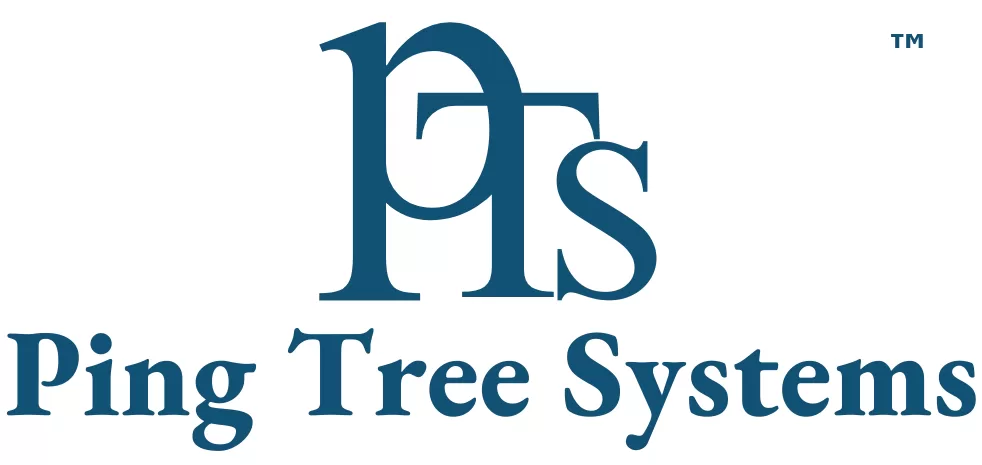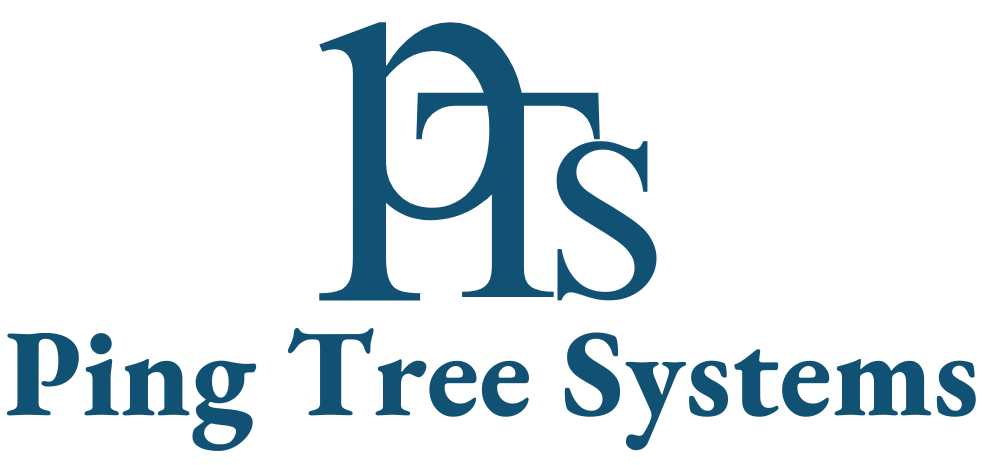Increased Adoption of Digital Mortgage Solutions
-
More Digital Mortgage Applications: Lenders will continue to prioritize digital tools that make the mortgage application process faster and more efficient. This includes online applications, digital document uploads, and e-signatures. Borrowers can expect a more seamless, paperless experience, reducing the time it takes to get approved.
-
AI and Machine Learning in Underwriting: Artificial Intelligence (AI) and machine learning technologies will play a larger role in the underwriting process, helping lenders to assess risk more accurately and streamline approval processes. This could lead to quicker decisions and more personalized loan offers for borrowers.
-
Virtual Reality (VR) and Augmented Reality (AR) in Home Buying: With more homebuyers starting their search online, VR and AR tools will become increasingly popular, allowing potential buyers to take virtual tours of homes from anywhere in the world. This will make it easier to explore properties and narrow down choices before even setting foot in a home.
Continued Growth of Alternative Lending Models
-
Fintech and Online Lenders: Fintech companies and online mortgage lenders are expanding their market share by offering faster approvals, competitive rates, and user-friendly digital platforms.
-
Peer-to-Peer (P2P) Lending: Peer-to-peer lending platforms, which connect borrowers directly with investors, could become a more common option in the mortgage market.
-
Crowdfunding for Down Payments: Crowdfunding for down payments, where multiple individuals contribute to a borrower’s down payment fund, is another trend that could grow in popularity.

Greater Focus on Sustainable and Green Mortgages
Green Mortgages: More lenders will offer green mortgages that incentivize energy-efficient homes or home improvements.
ESG Considerations: Lenders may increasingly factor in the environmental impact of the properties they finance, and investors may seek mortgage-backed securities that align with ESG principles.
Government Incentives for Sustainable Housing: Governments may introduce new incentives or regulations to encourage sustainable housing practices. This could include tax breaks for green home improvements or stricter energy efficiency standards for new builds, impacting both the supply and demand side of the market.

